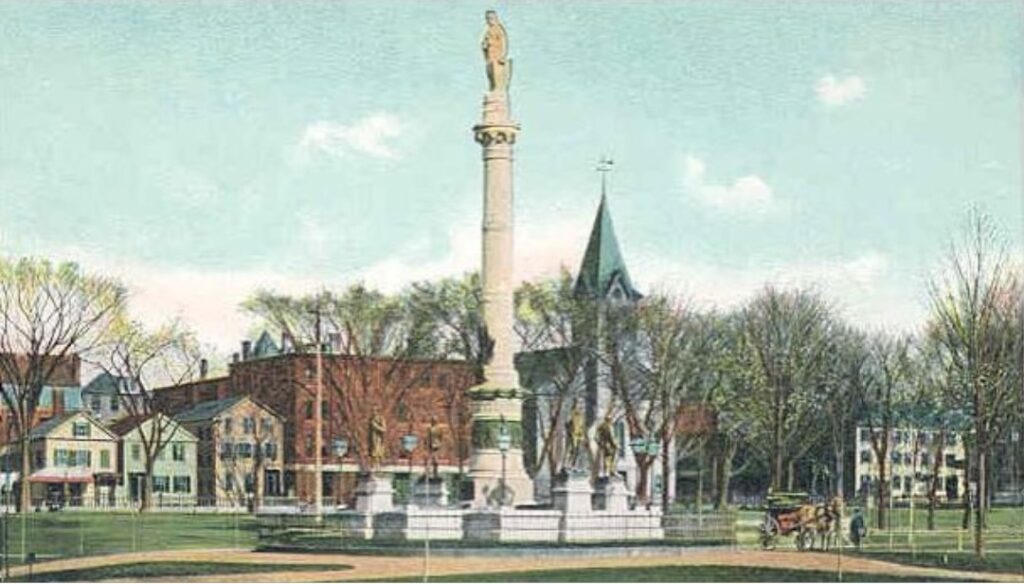My Name is Rick Kipphut and I am enrolled in the American History & Archives Certificate Program here at Keene State College. I earned my B.A. in Philosophy/Literature from Southern Connecticut State University, my M.B.A from Quinnipiac University, and my M.A. in Historic Preservation from Plymouth State University. I currently work at Plymouth State University in Lamson Library in the Technical Services Department. I volunteer with local Heritage Commissions and conduct barn and historic resource surveys on the weekends. As a historic preservation consultant, I am always interested in historical resources as they pertain to how societies evolve over time. What lessons we can learn from historical artifacts and how they might shape our current understanding of historical events; and the Civil War is replete with examples of these societal shifts that still impact our national consciousness. As a result, my research project will be exploring these issues.
Throughout human history, individual societies have sought to honor their fallen with war memorials commemorating their sacrifices on the field of battle. We tend not to question our noble resolve as we plan, fund, craft, and erect these symbols of lives lost to political struggles that momentarily touch us only to be forgotten as new generations replace old. They were fashioned to instill a sense of continuity of loss, where one generation is beholden to the other for the fruits of their struggle.
Yet, do theses memorials represent us, or are they somehow foreign to our social understanding of the events that unfolded during these conflicts? Are there other social forces at work that make us question how we view social upheaval in the abstract; or are we exempt from the shifting societal assumptions that thrust us forward with the passage of time?
I hope to answer these questions in the coming weeks as I explore the social, cultural, and historical significance of war memorials in general, and specifically as they relate to New Hampshire. There are approximately 61 Civil War memorials within the state of New Hampshire, and how they came into being is as varied as the communities that erected them.
We are also inclined to believe that New Hampshire is in some way immune from the shifting attitudes of Civil War memorials that is currently consuming the Southern States because the victorious shall reign over the vanquished. Still, we must not beguile ourselves with false praise, for there are always hidden influences at work that can dismantle even the most ardent harbor of convictions held deep within our collective consciousness, only to be untethered from its protected mooring of complacency. Yet, fear not, for this will be an interesting journey on the path of social awareness.
